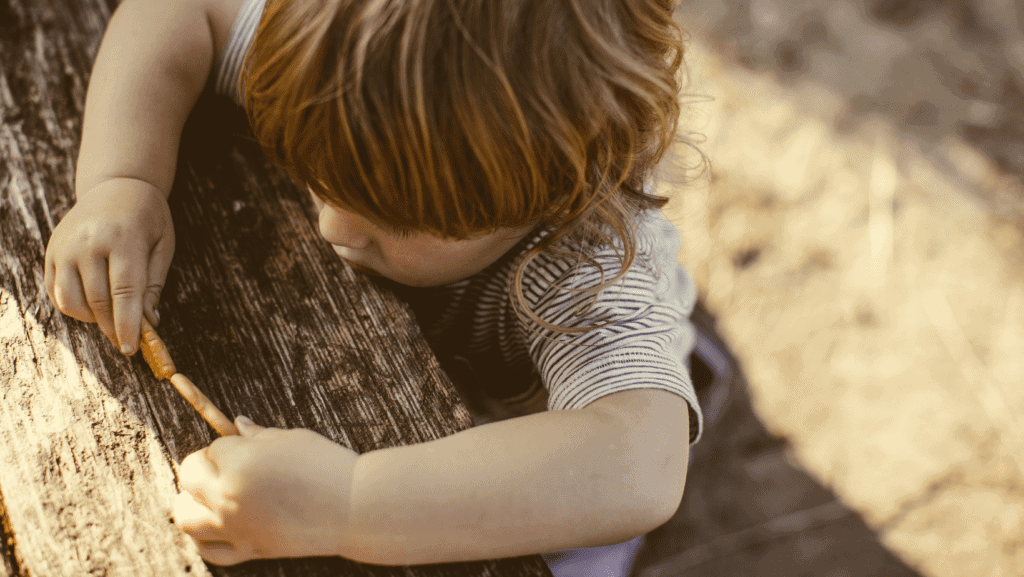This study aimed to investigate the influence of Outdoor Education (OE) on different areas of development in 1–3-year-old children attending Italian nursery schools.
The sample was composed of 160 children (1–3-year-old) divided into a first group (Traditional), with 76 children attending nursery schools with traditional educational activities; and a second group (Outdoor) of 84 children following a continuous OE programme at school. In January (T1) and in June (T2), the quality of child development was assessed by teachers, appropriately trained, through Kuno Beller Developmental Scales.
Comparing the two groups, the results showed that, in most of the developmental areas (cognitive, emotional, social, fine motor skills), significant improvements at T2 were detected for the Outdoor group compared to the Traditional group.
The findings highlight that OE, compared to indoor activities, offers greater opportunities for the child development – playing, therefore, a crucial role as a protective developmental factor since early childhood.
Read the Research
References:
Fiorella Monti ,Roberto Farné, Fabiola Crudeli, Francesca Agostini , Marianna Minelli & Andrea Ceciliani


 http://orcid.org/0000-0003-4644-3870
http://orcid.org/0000-0003-4644-3870